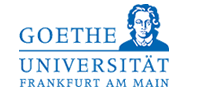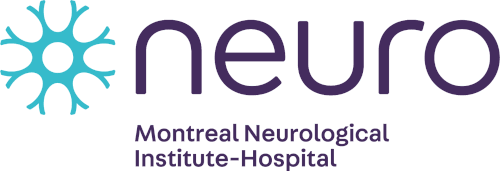 |
 |
 |
 |
 |
 |
This event is supported by the NIHR Oxford Biomedical Research Centre.
 |
 |
 |
 |
 |
 |
This event is supported by the NIHR Oxford Biomedical Research Centre.
SGC at the University of Oxford is pleased to announce that two patient foundations, FOP Friends and FOP France, have renewed their long standing partnership with SGC Oxford to support research into the rare congenital syndrome fibrodysplasia ossificans progressiva (FOP). The research led by Dr Alex Bullock aims to better define the molecular mechanisms that cause FOP and to develop new treatments.
The focus of the Midwood lab is to develop new immuno-therapies for clinical use in treating auto-immune diseases and to re-educate anti-tumoural immunity. In 2004 Professor Midwood established the Matrix Immunology group in the Kennedy Institute at Imperial College London, moving to Oxford University in 2011. In 2007 she won an MRC New Investigators Award and in 2012 an Arthritis Research UK Senior Fellowship. She founded the BioTech company Nascient Ltd in 2012.
TORONTO (January 29, 2019) – A first-of-its-kind therapy for leukemia discovered by researchers in the Ontario Institute for Cancer Research’s (OICR) Drug Discovery Program, and under preclinical development, has attracted investment from Celgene Corporation that could exceed US$1 billion – which would make it the largest transaction to date for a preclinical asset discovered in Canada.
Highlights SGC collection of chemical probes for methyltransferases including 13 new reagents and shows how this collection may be used to discover new therapeutic uses for these probes.
Full text freely available at https://rdcu.be/bfkVw
Lysine acetylation has emerged as a key regulatory modification on histones and other proteins. Histone de-acetylaces (HDACs, the enzymes that remove lysine acetylation (Kac) from histones) are now validated drug targets in cancer, with four FDA approved drugs and several clinical trials seeking to establish higher efficacy and specificity. Kac is recognized by small protein interaction modules called bromodomains (BRDs), leading to the aggregation of complexes involved in transcription and contributing to the control of gene expression (Filippakopoulos et al., 2012; Fujisawa and Filippakopoulos, 2017).
SGC Toronto will host the Protac symposium on March 4th 2019. Please visit the symposium page for more details.
Stefan Knapp, CSO of the SGC Frankfurt is one of the worlds’ most influential scientists as revealed by Clarivate Analytics’ Highly Cited Researchers List. He has been selected for his exceptional performance in the newly introduced category “Cross-Field”, based on his multiple high impact papers published across several fields. more
With this unique project, several pharmaceutical companies (AbbVie, Bayer, Boehringer Ingelheim, Janssen, MSD, Pfizer, and Takeda) have entered into a pre-competitive collaboration with the SGC, to make a large number of innovative high-quality probes available to the research community which can be found here: http://www.sgc-ffm.uni-frankfurt.de/.
The aim of this conference is to explore the mechanisms of BMP signal transduction and to discuss how genetic and epigenetic alterations result in aberrant signalling and how this leads to cancer. Microenvironmental control of cancer cell function is a research area of intense interest and as a key mesenchymal-epithelial signalling pathway, BMP signalling is emerging as a key therapeutic target. We aim to discuss in detail how to manipulate the pathway, both positively and negatively with small molecules or biologics.